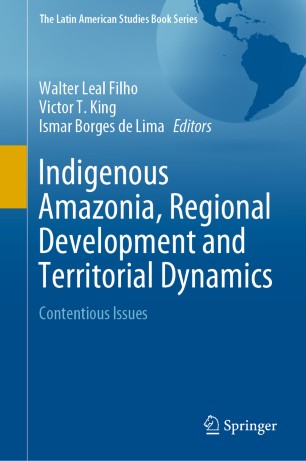

Most ebook files are in PDF format, so you can easily read them using various software such as Foxit Reader or directly on the Google Chrome browser.
Some ebook files are released by publishers in other formats such as .awz, .mobi, .epub, .fb2, etc. You may need to install specific software to read these formats on mobile/PC, such as Calibre.
Please read the tutorial at this link: https://ebookbell.com/faq
We offer FREE conversion to the popular formats you request; however, this may take some time. Therefore, right after payment, please email us, and we will try to provide the service as quickly as possible.
For some exceptional file formats or broken links (if any), please refrain from opening any disputes. Instead, email us first, and we will try to assist within a maximum of 6 hours.
EbookBell Team

4.1
80 reviewsThis book brings together a valuable collection of case studies and conceptual approaches that outline the present state of Amazonia in the 21st century. The many problems are described and the benefits, as well as the achievements of regional development are also discussed. The book focuses on three themes for discussion and recommendations: indigenous peoples, their home (the forest), and the way(s) to protect and sustain their natural home (biodiversity conservation). Using these three themes this volume offers a comprehensive critical review of the facts that have been the reality of Amazonia and fills a gap in the literature.The book will appeal to scholars, professors and practitioners.
An outstanding group of experienced researchers and individuals with detailed knowledge of the proposed themes have produced chapters on an array of inter-related issues to demonstrate the current situation and future prospects of Amazonia. Issues investigated and debated include: territorial management; indigenous territoriality and land demarcation; ethnodevelopment; indigenous higher education and capacity building; natural resource appropriation; food security and traditional knowledge; megadevelopmental projects; indigenous acculturation; modernization of Amazonia and its regional integration; anthropogenic interventions; protected areas and conservation; political ecology; postcolonial issues, and the sustainability of Amazonia.